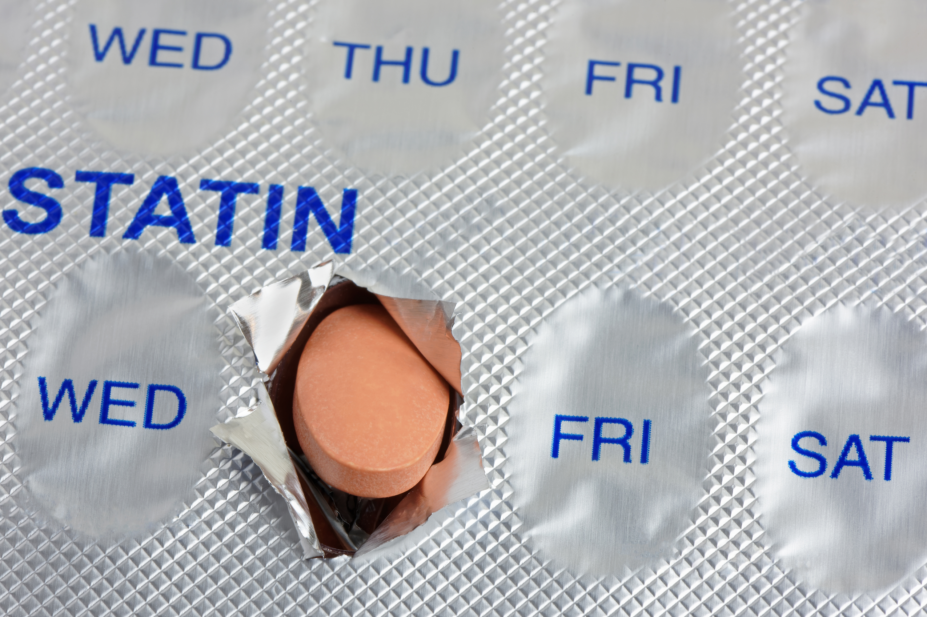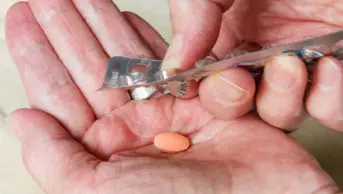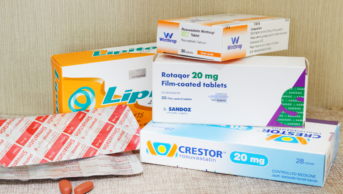
Shutterstock.com
Over half of patients started on statin therapy do not achieve optimal therapeutic reduction of their cholesterol within two years, a study published in Heart on 16 April 2019 has found.
The researchers set out to assess low-density lipoprotein cholesterol (LDL-C) response in patients after initiation of statins, and future risk of cardiovascular disease (CVD).
They carried out a prospective cohort study of 165,411 primary care patients from the UK Clinical Practice Research Datalink who were free of CVD before statin initiation. All patients had had their LDL-C measured at least once within the previous year and at least once within two years of statin initiation.
In the UK, current national guidelines classify any reduction in baseline LDL-C below 40% after two years of statin treatment as a “suboptimal” response. Of the 165,411 patients, just over half (51.2%) had a suboptimal LDL-C response to statin therapy within two years.
Overall, within the six-year average monitoring period, there were 22,798 CVD events — 12,142 of which were in those who failed to reach a healthy cholesterol level and 10,656 in those whose LDL-C did drop by 40% or more.
After adjusting for potentially influential factors, such as age, it was calculated that those who failed to reach a 40% reduction after two years had a 22% increased risk of developing CVD compared to those who did.
The researchers said that both individual biological and genetic variability, as well as variation in adherence, may explain some of the observed variation in LDL-C response to statin therapy.
But they highlight that there is currently no management strategy in clinical practice which takes into account patient variations in LDL-C response, and no guidelines for predictive screening before commencement of statin therapy.
“Validated clinical decision tools which can predict cholesterol response to statins, or to non-statin drugs, with interventions to help clinicians to tailor and optimise statin treatments for individual patients are needed,” they said.
Helen Stokes-Lampard, chair of the Royal College of GPs, said that there are “complex reasons” why patients choose not to take their prescribed medication, including the mixed messaging surrounding statins.
“When we prescribe medication, we have to rely on patients to make sure that they take it, both at the recommended dose and for the duration of time that we think will benefit them most.
“There is a substantial body of research showing that statins are safe and effective drugs for most people, and can reduce the risk of heart attacks and stroke, when prescribed appropriately — but controversy remains around their widespread use and their potential side effects.
“We would encourage anyone who is on regular medication to attend their scheduled medication reviews and to raise any queries or concerns they might have.”


